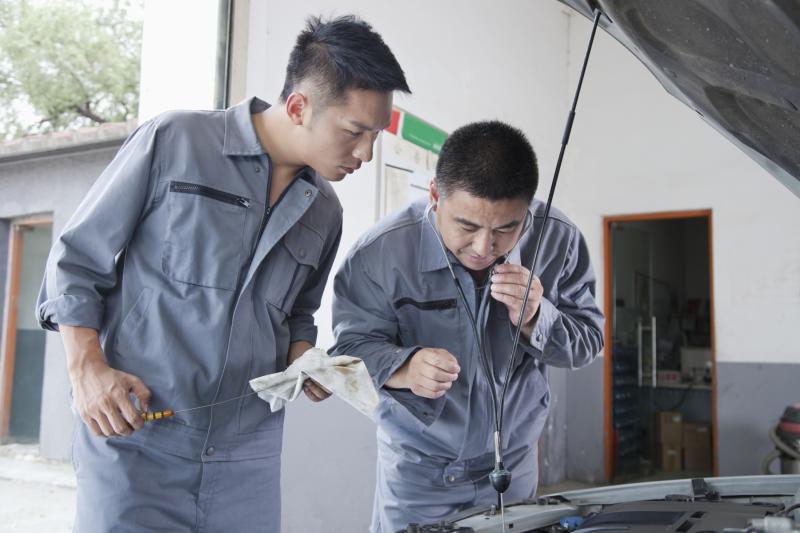
The 1997 Geo Metro has a remarkable track record as far as reliability is concerned. The manufacturer released only one recall and a few technical service bulletins. There are a relatively small number of documented customer complaints, but none of them qualify as persistent problems and may be attributed more to intermittent lapses in workmanship than to any particular design fault or engineering mistake.
Geo issued a recall in November, 1998, concerning a problem with the park/neutral safety switch and the shifter on models equipped with the optional automatic transmission. There was a problem with these components that would allow the shifter to pop out of the “Park” position without willful use of the shifter release, ignition switch or brake pedal, possibly allowing the car to roll downhill. Dealers fixed this at no cost to the owner, and there are no documented problems with the replacement parts or recurring failures.
There was only one notable TSB issued by Geo on the 1997 Metro. Released on August 01,1997, the TSB addresses a problem with the antilock brake system that caused the diagnostic codes No. C1246 and C1286 to set. This was a problem that also affected previous Metro models, as well as the Geo Prizm model family. It was caused by intermittent binding in the ABS motor pinion shaft, and could be exacerbated by warm, wet weather. The binding of the shaft will prevent the ABS from controlling the front wheels properly, and will create a dangerous driving condition. The fix is to install part No. 18029776, which is a new pinion shaft that comes with a teflon sleeve that will prevent future binding.
There are a few notable customer complaints, and while some symptoms received more than one complaint, none of them were widespread enough to trigger a recall. Some customers reported non-deployment of the airbags in a frontal collision, as well as spontaneous airbag deployment with no apparent trigger event. Other owners have experienced a problem with the engine failing to start, with no discernible pattern to the conditions that cause it, as well as instances where the engine shut down with no warning. Minor complaints include weak driver- and passenger-door window regulators and tracks, faulty seatbelt retractors and a tendency for the cloth ceiling cover to detach from its foam backing and droop down into the passenger headspace.
The Metro was constructed as a unibody vehicle, and as such, the rigidity of the body is dependent upon the various body panels linking together, as opposed to body panels that are bolted to a rigid frame. Consequently, if the car is involved in a wreck and the body becomes bent out of alignment, it cannot be completely straightened, even if the damaged components are replaced. For this reason, wrecked Metros can possibly be considered totaled by insurance companies, when involved in moderate to bad wrecks.